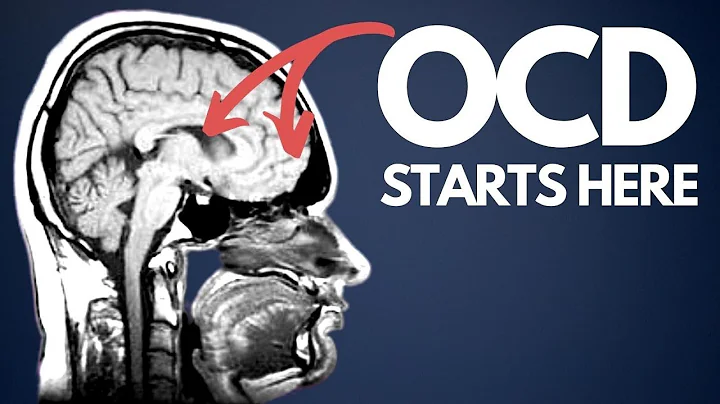Have you noticed the "uneasy feeling" of patients with mental disorders?
When a person is suspected by others that he is really suffering from mental illness, he will have unlimited panic and insecurity in his heart. This feeling can last throughout the entire treatment and even recovery period. , this feeling is often ignored by family members and medical staff during the treatment process.
"Insecurity" upon admission

Not understanding of mental illness and psychiatric management
Many people in society have prejudice and discrimination against mental illness , including the patients themselves.
In their eyes, those who are crazy and stupid should see a psychiatrist. How could I be like them? Even if some patients suspect that they have mental problems, they will try their best to escape and are always unwilling to associate themselves with mental hospitals. So when it comes to sending them to a mental hospital, a kind of resistance, fear, and uneasiness will arise in their hearts.
People in society have a similar understanding of mental hospitals as prisons. They must have high walls and electric fences, and cage restraints, just like the scenes in horror movies. There are dark corridors and cages welded with iron rods, and a group of lunatics are locked inside. , the order is in disarray, and if you disobey, you may be beaten or electrocuted... These rumors are deeply rooted in the hearts of the people and completely distort the current situation of the mental hospital.

Some new patients will be restrained because of their high emotions and uneasiness in the hospital. During the restraint process, the patients will have fierce physical conflicts with the staff. During the whole process, both the patient himself and the newly admitted patients who are watching will be afraid of this. "It turns out that the psychiatric department is so violent. They will tie us up if we don't obey!" Patients will feel uneasy because of this.
1. For newly admitted patients, we should first correctly help them understand mental illness, understand psychiatric management, correct their erroneous perceptions, and eliminate discrimination and fear;
2. For special operations in the psychiatric department, such as protective restraint, they should be informed in advance The patient and family members explained that the treatment should be implemented with the consent of the family members. After implementation, psychological counseling should be provided to eliminate the patient's fear. After the patient's mood stabilizes, the patient will be relieved and psychological counseling will be provided again.
二
The "insecurity" when being hospitalized"
The fear of living independently in the new environment

Psychiatric patients at home are pampered and hurt by their families no matter what symptoms they have, but when they come to the closed ward, they are alone. Without family members to accompany you, has to face life independently while treating the disease. Without family members to rely on, will inevitably feel a little panic.
The state of consciousness of patients with mental illness is uneven, it will be more difficult to communicate, and it may take some time for patients to get to know each other. Some introverted patients do not dare to communicate with others because of unfamiliar situations, and do not dare to seek help from nursing staff when encountering difficulties. During this period, patients are most likely to get into trouble by themselves, exacerbating their inner anxiety and uneasiness.
Suspicions and conflicts among patients

The diagnosis and recovery speed of each mental patient are different. Some patients will have some weird and annoying behaviors, and some patients have a "heinous" past. Patients may have suspicions and conflicts due to mental symptoms or unobstructed speech when getting along and talking. If not handled in time, it may lead to malignant incidents.
Patient A heard that patient B had a history of homicide at home and was forcibly admitted to the hospital. He happened to live in the same ward with him. He was always on tenterhooks, fearing that one day he would kill him too, and repeatedly asked the nurse to help him change his bed.
Patient C suddenly attacked patient D because of his mental symptoms. Before patient D could fight back, he was pulled away by the nurse in time, and then patient C was restrained. Patient D was transferred to another room, but he was always aggrieved. He always felt that he was being bullied and no one was helping him. Will this happen again? What if it does? Anger, grievance, anxiety and fear arise in the heart.
1. During hospitalization, the ward environment and relevant management regulations should be introduced to the patient in detail, communicate with the patient regularly, understand the patient's inner thoughts, and strengthen the patient's life care;
2. It is easier for patients to develop empathy , encourage patients in recovery to help newly admitted patients, tell them about the recovery process of the disease, and persuade them to cooperate with treatment;
3. Staff should abide by professional ethics, not discuss the condition in front of patients at will, and provide comfort to fearful patients. , appropriately meet their reasonable requirements;
4. Correctly handle conflicts between patients, promptly detect and isolate them in time, provide psychological comfort and counseling, understand patients' emotional changes, resolve conflicts and anxiety in a timely manner, and inform patients about the next encounter When encountering a conflict, the first thing to do is seek help from the staff.
三
The "insecurity" of long-term hospitalized patients
Long-term hospitalized patients are generally subject to compulsory treatment or their families do not care much and are slow to pick up the discharged patients. Such patients generally have clearer consciousness, good contact and conversation, and relatively good recovery of social functions. But they often feel desperate, anxious, and uneasy because of long-term hospitalization. They worry that they have been abandoned by their families and society. They have no tomorrow, no future, and no hope. All their youth and life will be consumed in this closed room. Inside the ward.
Medical staff should communicate more with such patients and should not ignore them just because they are conscious. While contacting their families and leaving the hospital, they should also find something to do for the patients, such as helping the nurses manage the order of the ward, conducting examinations, etc., so that the patients can reflect their own value, and provide appropriate care and encouragement so that the patients can They have something to rely on spiritually, full of hope and confidence, thereby eliminating their inner despair and uneasiness.

四
The "insecurity" of patients during the recovery period and discharged from hospital
After the patients' mental symptoms disappear, the stigma will become more and more serious . The pessimistic view is that people with mental illness are looked down upon and will be discriminated against by society. Patients will experience anxiety, fear, and restlessness before returning to society. Anxious about whether he can adapt to society and normal study and work after discharge. Worry that suffering from mental illness will affect your further education, employment, work, marriage, etc. I am afraid that my family, friends, classmates, and colleagues will be alienated from me and unable to accept me.
Some patients are worried that the recurrence of mental illness will cause harm to their families again; they are worried that the side effects of antipsychotic drugs will damage their bodies; unmarried patients are worried about not being able to find a partner after discharge, and married patients are worried about getting divorced after discharge. , afraid that one's disease will be passed on to future generations, afraid that one's children and relatives will leave oneself, etc.
This series of worries and fears gathers the patient's inner uneasiness.

1. Do more health education work for patients to help them correctly understand the disease and measures to treat and prevent recurrence, reduce inferiority, and build self-confidence;
2. Strengthen the connection between patients, their families and units, strengthen the support system, and make patients feel like a family The warmth and social support;
3. Organize and arrange a variety of cultural and sports activities to increase patients’ opportunities to contact the outside world.Cultivate patients' life skills and increase social function training, including developing good hygiene habits, such as washing dishes, cleaning, etc.;
4. Do a good job in health education for patients' families. Let family members provide better care and attention to mentally ill patients and correct some misconceptions among patients' family members.


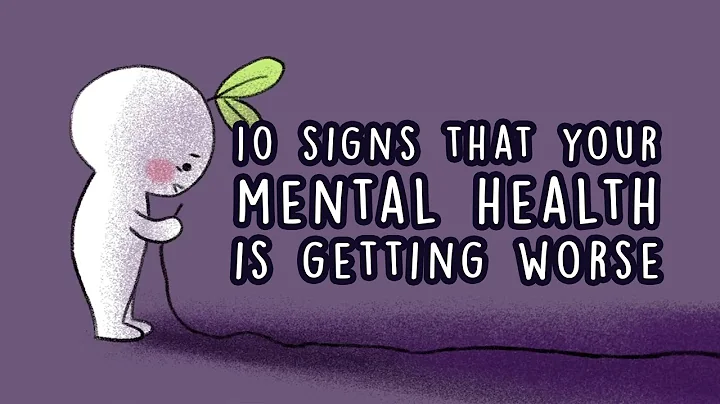



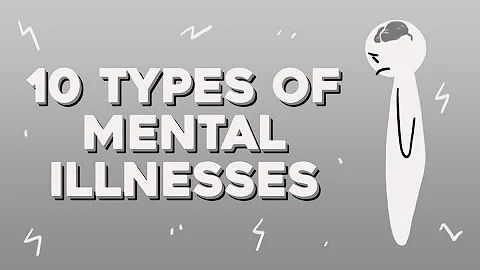


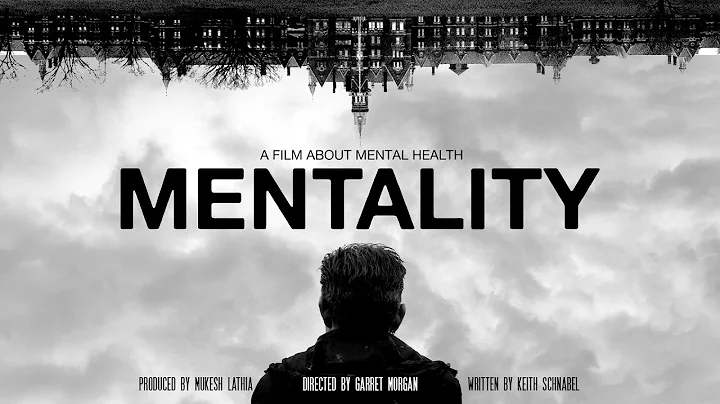




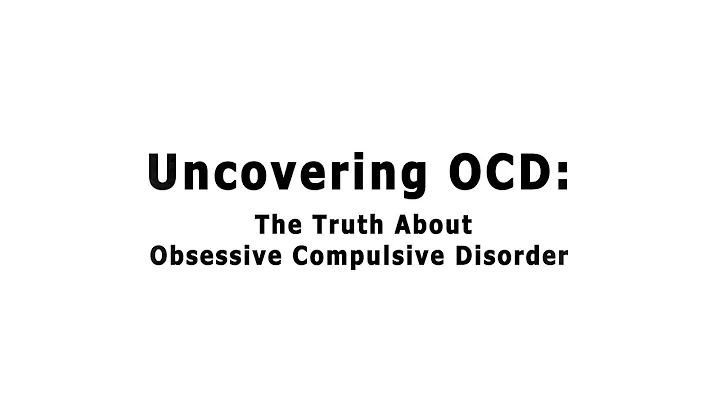
![Do You Know a Perfectionist? Watch This. [New Personality Disorder Series] - DayDayNews](https://i.ytimg.com/vi/4ZCU_RxyCiY/hq720.jpg?sqp=-oaymwEcCNAFEJQDSFXyq4qpAw4IARUAAIhCGAFwAcABBg==&rs=AOn4CLBlWdwWD_g5XkQXNH_kPQi1o_wSEg)


